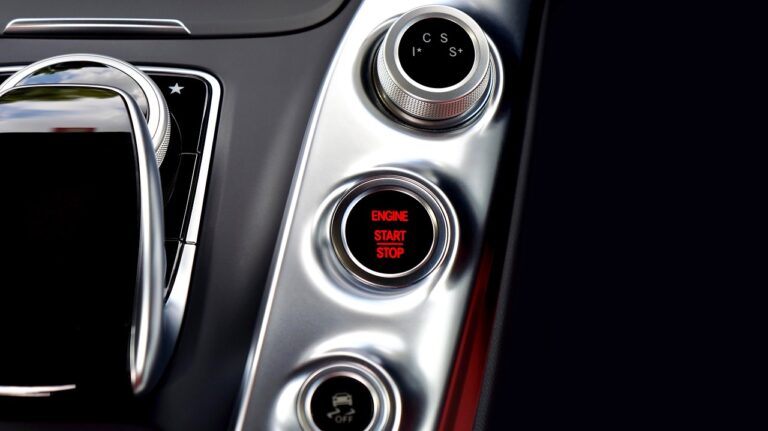The Impact of E-Commerce on Auto Parts Retailers
In the digital age, auto parts retailers are confronted with a myriad of challenges that can drastically impact their traditional brick-and-mortar businesses. One of the primary obstacles faced by these retailers is the shift towards online shopping habits among consumers. With the convenience and ease of purchasing auto parts online, retailers must adapt their strategies to meet the evolving demands of tech-savvy customers.
Furthermore, the increased competition from online marketplaces poses a significant threat to auto parts retailers. These online platforms offer a wide selection of products, competitive pricing, and convenient delivery options, making it challenging for traditional retailers to compete effectively. As a result, auto parts retailers must find innovative ways to differentiate themselves, enhance customer service, and optimize their online presence to remain competitive in the digital landscape.
Shift in Consumer Behavior Towards Online Purchases
In the current digital age, there has been a noticeable shift in consumer behavior towards online purchases. With the rise of e-commerce platforms and the convenience they offer, more and more consumers are choosing to buy auto parts online. This shift can be attributed to factors such as ease of browsing products, comparison of prices, and the convenience of having items delivered to one’s doorstep.
Additionally, the increasing reliance on online reviews and recommendations has played a significant role in influencing consumer decisions. Consumers now have access to a wealth of information at their fingertips, allowing them to make more informed choices when purchasing auto parts. This shift in behavior has led traditional brick-and-mortar auto parts retailers to adapt their strategies in order to stay competitive in the evolving market landscape.
Increased Competition from Online Marketplaces
Auto parts retailers are finding themselves in a landscape increasingly dominated by online marketplaces. These digital platforms offer consumers convenience, competitive pricing, and a wide array of options, making them attractive alternatives to traditional brick-and-mortar stores. As a result, auto parts retailers are facing heightened competition from these online marketplaces, forcing them to adapt their strategies to stay relevant in the industry.
One of the key challenges posed by online marketplaces is the pressure on pricing. With the ability to easily compare prices across different platforms, consumers are becoming more price-conscious and are quick to seek out the best deals. This puts traditional auto parts retailers in a tough spot, as they must find ways to compete with the often lower prices offered by online marketplaces while maintaining profitability.





